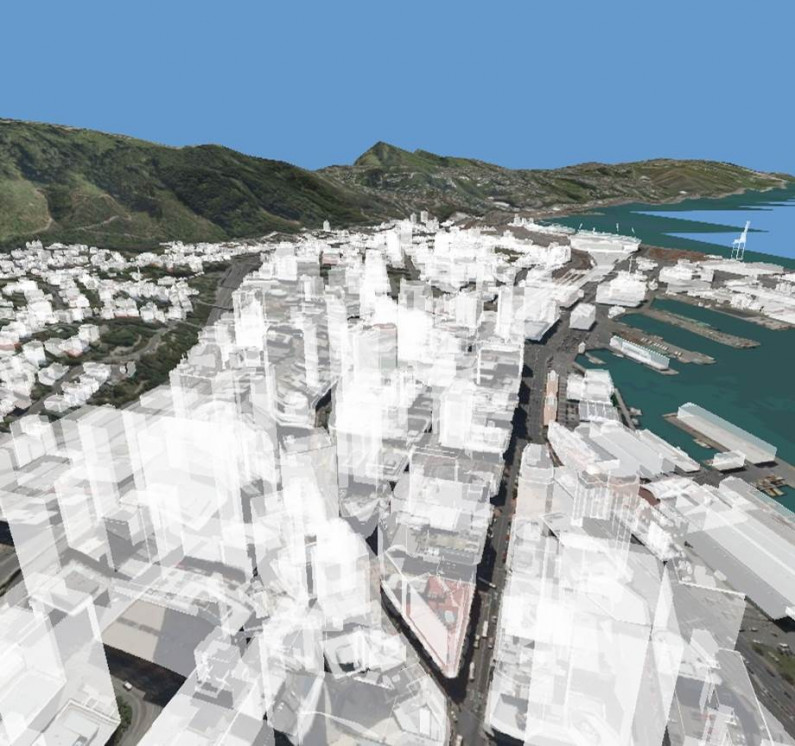
Sean Audain is an Innovation Officer (Smart City) at Wellington City Council, and has been working with Hack Miramar, GovHack and other civictech groups for the past four years.
This week GovHack will stage its third annual hackathon event in New Zealand. As we gear up for an even bigger, better event this year it’s a good time to take a moment and reflect on the journey GovHack has taken the organisation I work for, the Wellington City Council, and why we remain strong supporters.
GovHack is Australasia’s largest Hackathon. Thousands of civic minded artists, coders, public servants, designers, journalists and a myriad of other community members gather for one weekend during July to work with Government Open Data across New Zealand and Australia. In Wellington’s case, a diverse group of nearly 200 strong “hack”, that is to pragmatically build something quickly with open data to solve problems, improve services or sometimes just show what the future might be like.
Over the past three years I have been assisting GovHack. With the help of many people across our council we’ve learnt a lot.
The heart of GovHack is the community which supports it, but the lifeblood is open data. At every event I have been to there has been a strong demand for local government data. Whether it is dog exercise areas or a Minecraft version of Wellington (yes – best planning tool ever) and that demand has continued after the event. Sometimes opening data feels like shouting into the void – but thanks to events like GovHack we can see that this space is inhabited by real people doing things for a whole variety of reasons.
GovHack is a union between Government and the Civic Hacking Community, both learning about each other. As well as getting feedback on what people want data wise, we get to develop networks across central and local government. These connections have been be useful time and again, whether it is understanding the city so we can plan or preparing for a disaster.
The principles which guide open data are good for our city, and you will see them written into the documents guiding the city’s future like the resilience strategy (see programme 2.2). GovHack and the people we met through the events organised by Hack Miramar are part of the reason they are there.
Open Data and Creative Commons licensing is being used in data procurement. Departments like our community services are looking at their work in a different way, seeing the data and learning about releasing it. Wellington’s smart city programme is being developed on a bedrock of open data principles and exchange. GovHack has been vital in the development of this thinking and it is becoming an example looked to by other cities.
Often we concentrate on the benefits for citizens, but open data can be just as beneficial for people inside organisations. Giving access to data across an organisation breaks down silos, allowing them to work anywhere and allowing them to present both the information required, and the way it was generated. GovHack shows many of these different ways of working, and gives me ideas about how to do things differently.
When writing business cases and project plans having GovHack on the horizon helps give a focus and a date to aim for.
Overall GovHack has been enormously beneficial for Wellington City Council, and many times repaid the effort put into it. This year will see us opening up more data and deploying more capability to GovHack than ever before – stay tuned for announcements this week.
Data.govt.nz has over 1,000 local and regional government open datasets
![]() Image: Wellington City Council, CC BY 4.0 International
Image: Wellington City Council, CC BY 4.0 International
